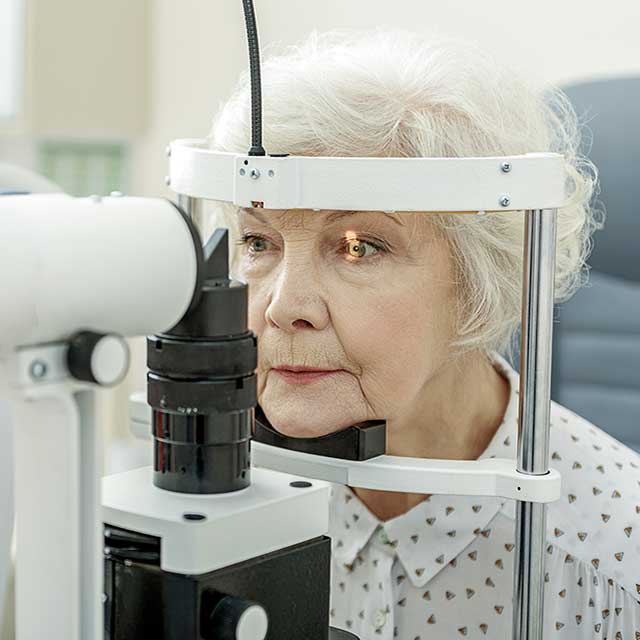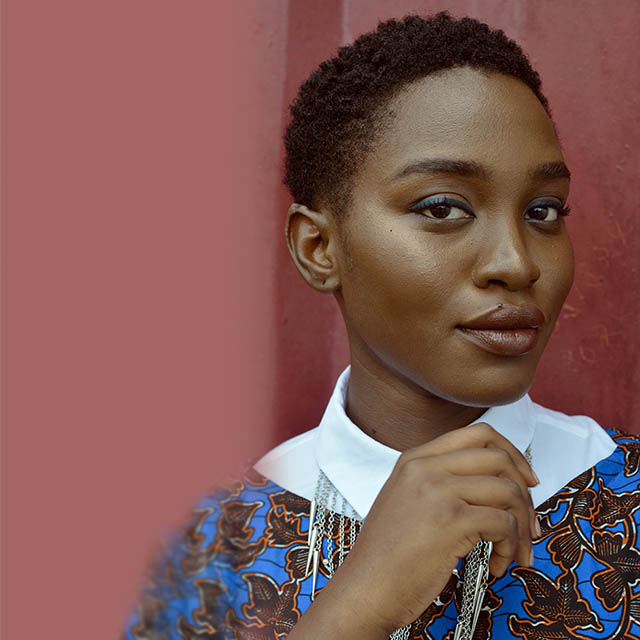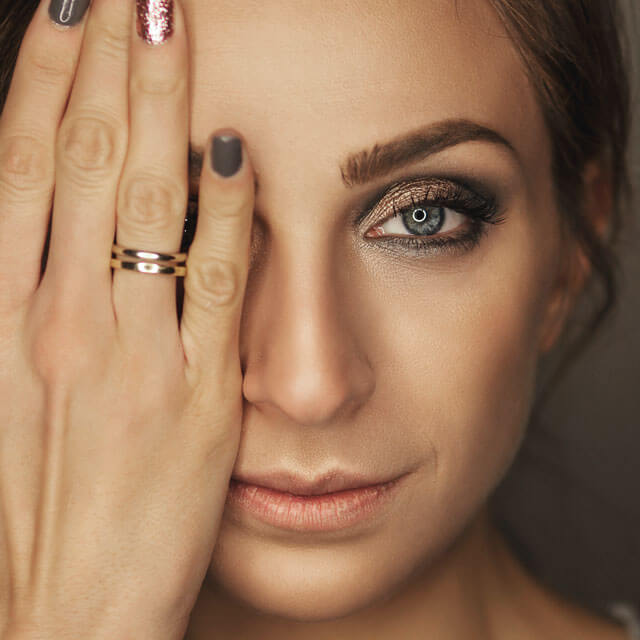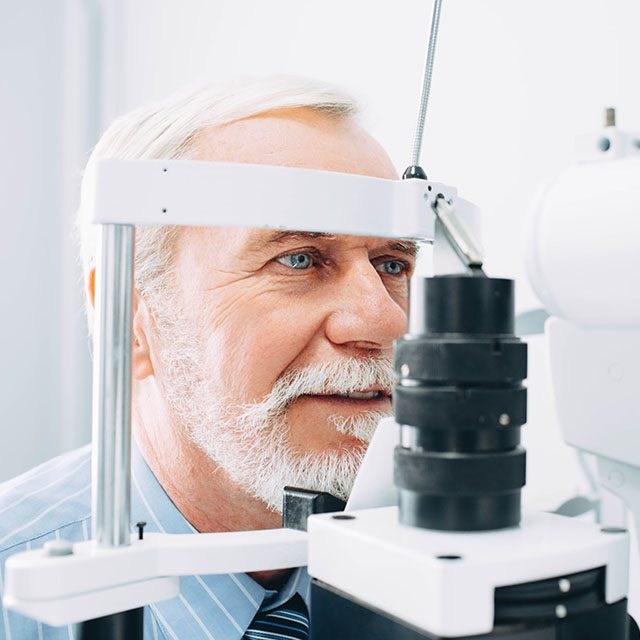Keeping Your Eyes Healthy is Our Top Priority
A comprehensive eye exam is so much more than simply determining your prescription for glasses or contact lenses. Our optometric team will also check your eyes for eye diseases, evaluate how your eyes work together as a team, and assess your eyes as an indicator of your overall physical health. It is not uncommon for eye doctors to be the first to detect chronic diseases such as high blood pressure and diabetes during an eye exam.
No matter your age, a thorough eye exam goes a long way towards ensuring that your vision remains clear and your eyes are healthy. Contact Kosnoski Eye Care in one of our 5 locations to book your eye exam today.


Eye Exams Can Save Your Vision
Eye exams are critical because many vision threatening eye diseases such as glaucoma, macular degeneration, cataracts, or diabetic retinopathy show no or minimal symptoms until the disease has progressed into its advanced stages. In these cases, early detection and treatment is essential to halting or slowing down the progression of the disease and saving eyesight.
During a comprehensive eye examination, your eye doctor will be looking for initial signs of these diseases.
Eye Exams for Children & Young Adults
Children with undetected vision problems or with eye health may face many barriers in life, whether in school or in sports. Because 80% of all we learn is through vision, the longer a vision problem goes undiagnosed and untreated, the more a child’s brain learns to accommodate any vision issues. Having regular eye exams offers the best opportunity to correct vision issues and help a child succeed.
How Often Do Kids Need to Have Eye Exams?
Some experts estimate that approximately 5% to 10% of preschoolers and 25% of school-aged children have vision problems. According to the American Optometric Association (AOA), all children should have their eyes examined at 6 months of age, at age 3 and again at the start of school. Children without vision problems or risk factors should then continue to have their eyes examined at least every two years throughout school.
Children with existing vision problems or risk factors should have their eyes examined more frequently. Common risk factors for vision problems include:
- premature birth
- developmental delays
- turned or crossed eyes
- the family history of eye disease
- history of eye injury
- other physical illness or disease
The AOA recommends that children wearing eyeglasses or contact lenses have their eyes examined at least every 12 months or according to their eye doctor’s instructions. Consult with our Federal Way optometric team for personalized recommendations.


What Happens During An Eye Exam?
Our eye doctor in Federal Way, Washington , will check your vision thoroughly to provide you with an accurate prescription. If you wear eyeglasses or contact lenses, your visual acuity will be assessed both with and without your corrective lenses.
You’ll be asked to read from a basic eye chart, which tests your eyesight at various distances. The normal measurement for eyes with no refractive error is 20/20. We’ll also use a phoropter to check carefully for astigmatism, nearsightedness, and farsightedness. This procedure involves having you look through a series of lenses, and you’ll need to give feedback on which ones give the clearest vision. With the aid of a retinoscope, we’ll measure how light focuses on your retina with each of the different lenses.
These tests, among others, provide us with the information needed check your eye health and issue an accurate prescription.
Vision Exams For Those Over 40
Just like the rest of our bodies, our eyes begin to weaken as we age. There are a number of common age-related eye conditions such as presbyopia, cataracts, and age-related macular degeneration that can begin to affect your vision and your daily life. While some of these conditions are more of an inconvenience, others could lead to vision loss and dependency.
In addition to regular yearly eye exams, it is important to be aware of any changes in your eye health and vision. Also know your potential risk factors as well as your family ocular and medical history. Over half of the vision loss worldwide is preventable with proper treatment and care.
Safeguard your vision by booking your eye exam with Kosnoski Eye Care in one of our 5 locations today.

